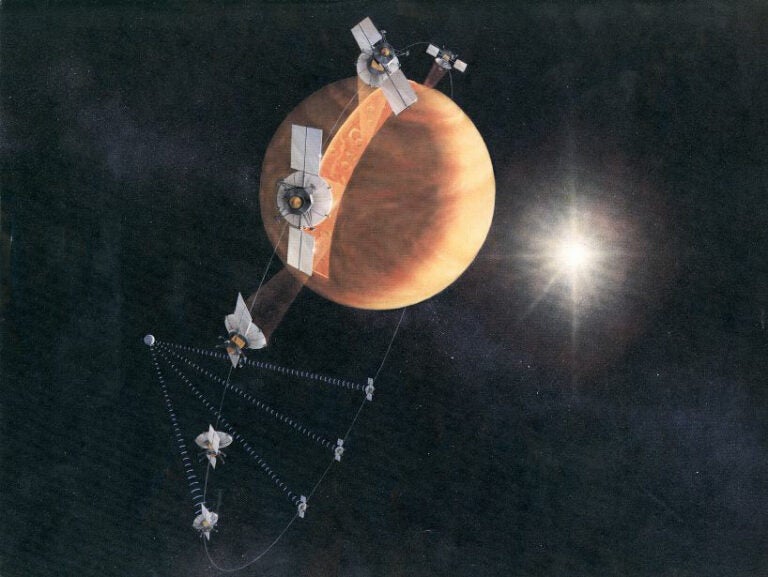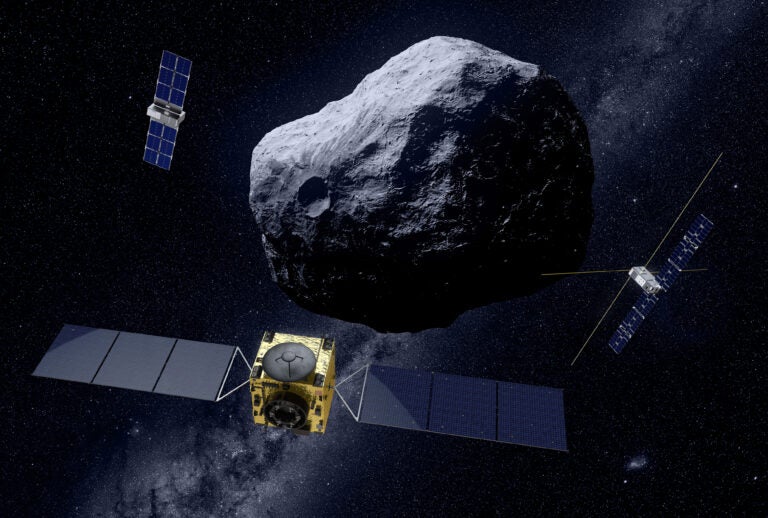
What is “local martian time”?
Dennis W. Gordon
Waunakee, Wisconsin
Mars doesn’t yet have an official calendar or time zones like we have on Earth. The only officially designated time unit on the Red Planet is the sol, which is defined like the day is on Earth: one full planetary rotation on its axis. But for planning and data analysis, scientists and engineers working on Mars missions still need some way to figure out what time it is, not here on Earth, but there at a particular place on that planet. So, just like on Earth, we can divide a martian sol into different time zones — local martian times, if you will.
In order to keep Mars time familiar to those of us back on Earth, one can tally time on each sol using a Mars clock with 24 “Mars hours.” These Mars hours are often called “solar hours” because they track the Sun’s position in the Red Planet’s sky. For example, 12:00 noon local Mars time is when the Sun is highest in the sky at that specific place. A new sol begins at 12:00 midnight local Mars (solar) time.
Because Mars rotates on its axis just a little bit slower than Earth does, though, a sol on Mars is 2.75 percent longer than a day on Earth: 24 hours 39 minutes 35 seconds. So expressed in Earth time, on Mars each solar hour is 1 hour 1 minute 39 seconds (1/24 of a sol) long, each solar minute is 61.65 seconds long, and each solar second is 1.0275 seconds long.
This small difference makes life challenging for those of us back on Earth living on “Mars time” vicariously through our lander and rover avatars. For example, if we need to start rover operations three hours after local sunrise every sol, and we start at noon Earth time on a Monday, we’ll start around 12:37 P.M. on Tuesday, then 1:15 P.M. on Wednesday, 1:52 P.M. on Thursday, etc. Within a few weeks, we’re working late-night shifts (Earth time), and then a few weeks later we’re back into regular workday hours. It’s confusing and physiologically challenging to live on Earth and work on local martian time — but also great fun!
Jim Bell
Deputy Principal Investigator for Science for the Mars Science Laboratory Mastcam, Arizona State University, Tempe, Arizona









